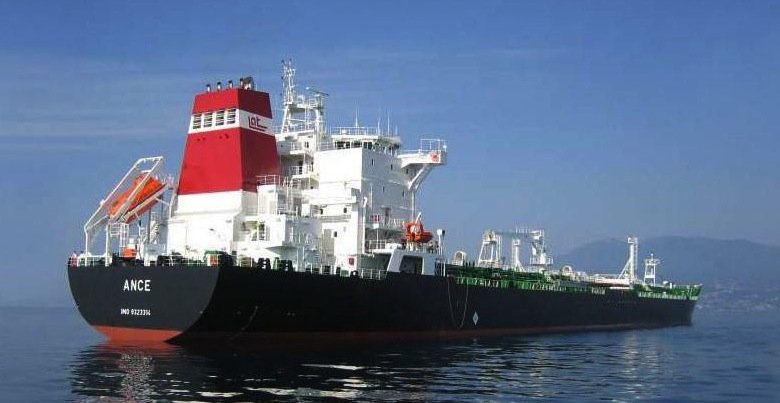Vitol and Peabody tout coal waste as sulphur cap solution

Could coal make a return, coming to the rescue of shipping as the industry urgently searches for fuel solutions ahead of January 1, 2020’s IMO-mandated global sulphur cap? In big news, the world’s largest independent oil trader Vitol and coal miner Peabody Energy are joining forces with UK start-up Arq to turn coal waste into a low-sulphur oil for ships.
Arq has developed a technology which isolates hydrocarbon particles from feedstock coal waste to produce a fine powder that can be blended into fuel oil and marine gasoil as well as crude.
Arq claims it can produce and deliver its fuel to port for less than $10 a barrel of oil equivalent, which could be blended into fuel oil to account for up to a quarter of a barrel.
Arq’s first plant is slated to open up in Kentucky in the US early next year with a 1m tonne annual capacity. The company’s business plan could see 50 plants built in the next seven years.
Arq will establish plants alongside Peabody mines to capture its waste, with Vitol providing logistics, including blending the new fuel before it reaches customers.

Liquefied coal has often been mooted as an option for ship’s fuel, as the liquefying process apparently cleans the fossil fuel up removing all the bad stuff. While the technology is there to do this, the exceptionally high cost of liquefying coal is a significant barrier. But coal remains an abundant resource.
I guess it’s about synfuel, not liquefied coal, correct?